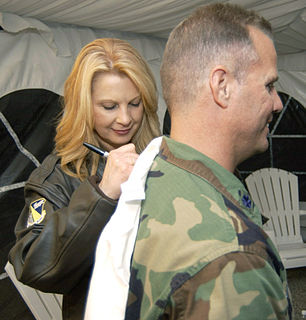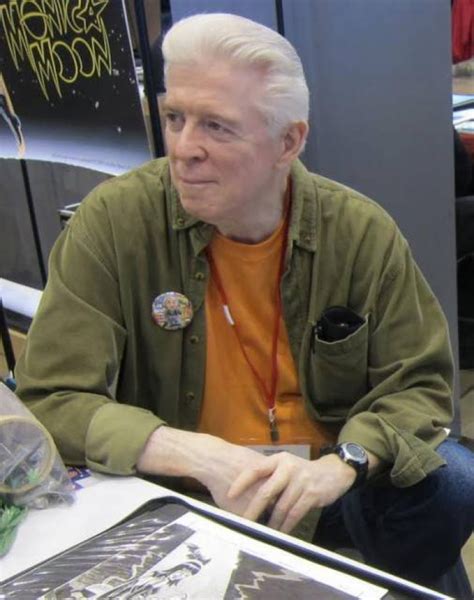A Quote by David Means
I knew for years I wanted to write a novel that addressed the personal trauma of my older sister, who suffered - and still suffers - from mental illness. For a long time I imagined - and I know it's absurd - that she was an indirect casualty of the Vietnam War.
Related Quotes
My brother-in-law, Chuck, whom I have known since we were teenagers, is a disabled veteran who was wounded while fighting with the marines in Vietnam. I've been around to observe how the war affected his life and the problems that veterans have, and I knew for a long time that I wanted to write a song about Vietnam.
When you have mental illness you don't have a plaster or a cast or a crutch, that let everyone know that you have the illness, so people expect the same of you as from anyone else and when you are different they give you a hard time and they think you're being difficult or they think you're being a pain in the ass and they're horrible to you. You spend your life in Ireland trying to hide that you have a mental illness.
My sister is my little star, and I'm excited for her and proud of her. With her, I'm protective, but also I don't want to be that sister who's really pushy and thinks they know everything and making her feel like she doesn't know what she's doing. I'm trying to be that cool older sister and not the mom, but it's hard.







































